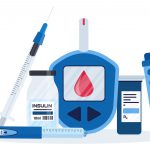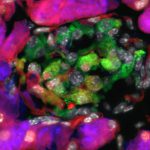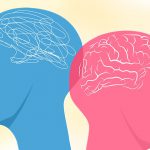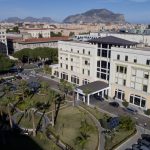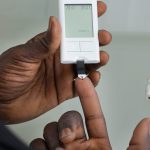A woman diagnosed with a severe form of type 1 diabetes recently underwent a rare procedure to regulate her blood sugar level at ISMETT, a leading transplant center managed by UPMC in Palermo, Sicily.
The 52-year-old woman was transferred to the center for a transplant of pancreatic islets, clusters of endocrine cells in the pancreas that contain insulin-producing cells.
“This method has several advantages, including avoiding major surgery such as a pancreas transplant, reducing the patient’s hospital stay and resuming a good quality of life a few days after the operation,” said Dr. Anna Casu, director of the ISMETT Diabetology Unit.
Doctors rarely perform this transplant due to the difficult pancreatic cell processing and the limited availability of appropriate laboratories. Only a few such transplants have ever been performed in Italy.
The cell transplant involved collaboration among ISMETT, the Ri.MED Foundation and the Diabetes Research Institute at the University of Miami. Led by director Dr. Camillo Ricordi, the Diabetes Research Institute is highly experienced in the field of pancreatic cell transplantation.
A joint team of doctors and biologists at ISMETT and the Ri.MED Foundation worked on cell processing, with Casu as the lead coordinator. She was in contact with Ricordi throughout the entire process.
The intervention, which followed the procurement of pancreatic cells from a deceased donor, consisted of two phases. The first involved separating and extracting the insulin-producing cells from the donor’s pancreas and purifying them. Using the “Ricordi Method,” the pancreatic cells that produce insulin were isolated from the procured graft during a process that lasted several hours.
After the cell processing and isolation, the second phase involved the infusion of the cells into the patient through the vein that carries blood to the liver. This allows cell colonization in the patient’s pancreas.
“Thanks to telescience, a technology similar to telemedicine, staff at the Diabetes Research Institute are in constant contact with all centers producing pancreatic islets,” Ricordi said. “That includes centers like ISMETT, who are members of the institute’s federation, a global alliance of centers collaborating with no barriers to cure diabetes in the fastest and most efficient way possible.”



